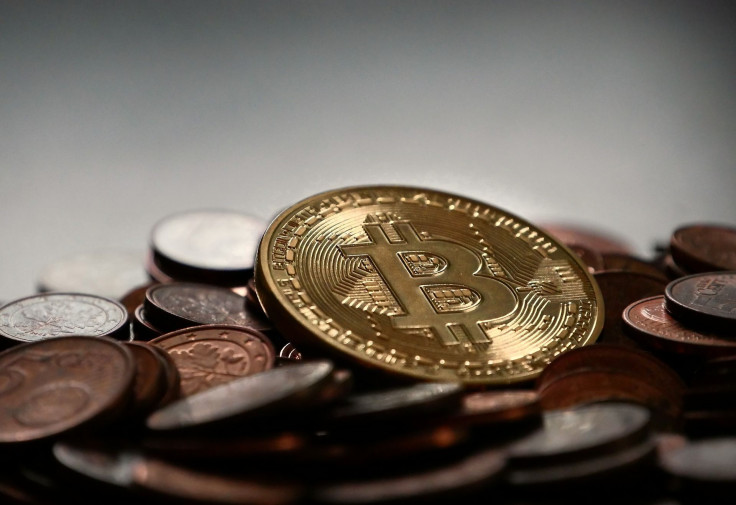Bitcoin Regulation? Senate Meeting Financial Market Regulators Over Cryptocurrency, Report Says

The noose of regulation seems to be closing around the Medusa’s head-like neck of cryptocurrencies. After months of monitoring by various agencies, the financial services panel of the Senate will meet top market regulators early in February to discuss bitcoin and other cryptocurrencies, as well as the possible risks their trading poses, Reuters reported Wednesday.
Citing an unnamed source with direct knowledge of the matter, Reuters said: “The Senate Banking Committee will take testimony from Commodity Futures Trading Commission Chairman Christopher Giancarlo and Securities and Exchange Commission Chairman Jay Clayton in early February.”
Currently, there is no federal regulator that oversees the trading of cryptocurrencies. The Internal Revenue Service mandates individuals to declare their investments and trades in any cryptocurrencies in their tax forms, but that rule is often ignored by the public, as was evident in the case the IRS fought against popular cryptocurrency exchange Coinbase, in which both sides claimed partial victories.
The price of bitcoin, the most popular and well-known blockchain-based digital currency, had shot up dramatically — and then fallen as rapidly — in December, prompting concerns about a bubble in a financial instrument whose investment value is still being hotly debated. Other cryptocurrencies have increased sharply in value too, and also exhibited volatility, even if not as famous as bitcoin.
There have also been a slew of initial coin offerings, or ICOs, which have raised billions of dollars from the public, almost entirely unregulated.
Late November, White House Press Secretary Sarah Sanders told reporters, in response to a question about President Donald Trump’s view on bitcoin, that the Trump administration was monitoring the issue.
The United States isn’t alone in trying to regulate the cryptocurrency market, perhaps the most booming — albeit also very risky — investment today. South Korea, one of the biggest cryptocurrency hubs globally, is trying to get China and Japan to cooperate on a joint regulatory approach. Russian President Vladimir Putin also pushed for regulation during a meeting with the country’s top financial regulators in October, even while Russia is developing its own national cryptocurrency.
There are people in the cryptocurrency industry, both hackers, and legitimate businesses, who feel a lack of regulation is partially responsible for the value of the virtual currencies.
“We believe that the greatest threat is regulation. Several governments across the world have clamped down on exchanges, some halting trading altogether. Others have gone on to outright ban the use of Bitcoin. Sudden government actions in major Bitcoin trading hubs stand to disrupt the market, with the potential to severely affect the utility of bitcoin — and accordingly, the value,” Shidan Gouran, president of Global Blockchain Technologies Corp, told the Street late November.
© Copyright IBTimes 2025. All rights reserved.





















